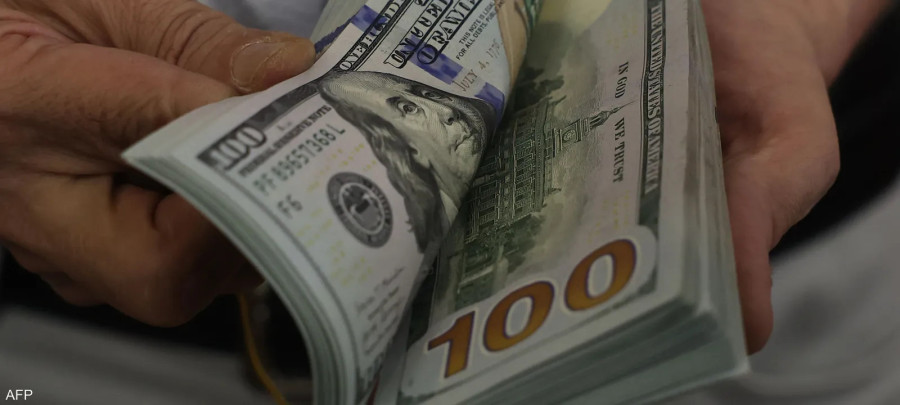The dollar suffers on Tuesday, December 26, amid weak trading due to the Christmas holiday, while facing pressure from indications that inflation in the world's largest economy is declining, which will give the US Federal Reserve room to reduce interest rates next year.
Meanwhile, the yen held near its recent five-month high on prospects that the Bank of Japan will soon end its ultra-loose monetary policy. During most of 2022 and 2023, this policy kept the Japanese currency under pressure at a time when other major central banks raised interest rates.
Weak movements the day after Christmas
Currency movements were largely weak the day after Christmas, with markets in Australia, New Zealand and Hong Kong still closed for the holiday.
Against the dollar, the euro fell 0.06% to $1.1019, but it was not far from the highest level in more than four months at $1.1040 recorded last week.
There was no significant change in the pound sterling and was trading at $1.2701, while the Australian and New Zealand dollars settled near their highest levels in five months.
The dollar index fell near the lowest level in five months that it recorded last week, when it reached 101.42 points, and reached 101.65 points.
In Asia, the yen rose 0.1% to 142.20 per dollar, drawing additional support from comments from Bank of Japan Governor Kazuo Ueda, who indicated the possibility of a shift in policy.
The New Zealand dollar rose 0.1% to reach $0.63145, while the last price of the Australian dollar reached $0.68065.






































